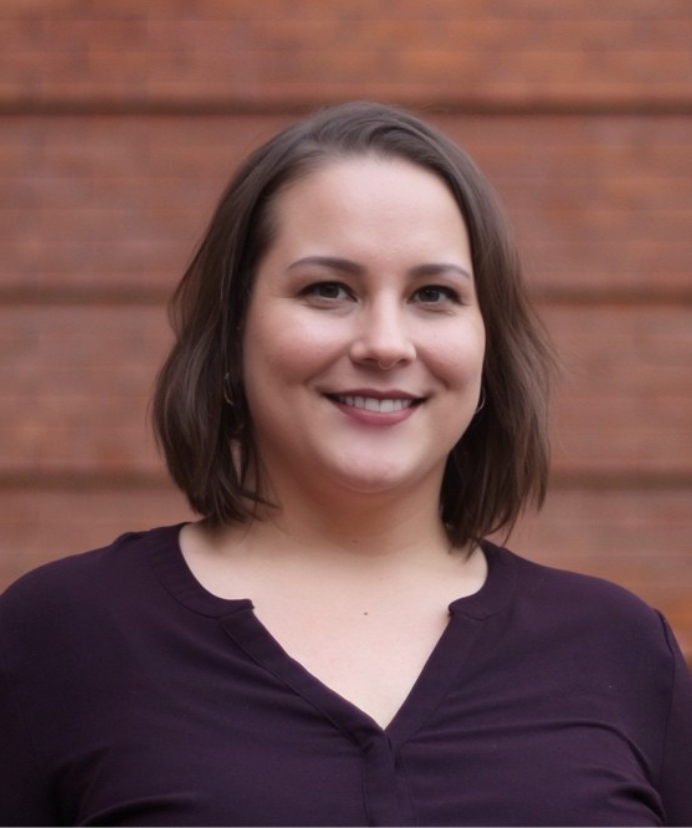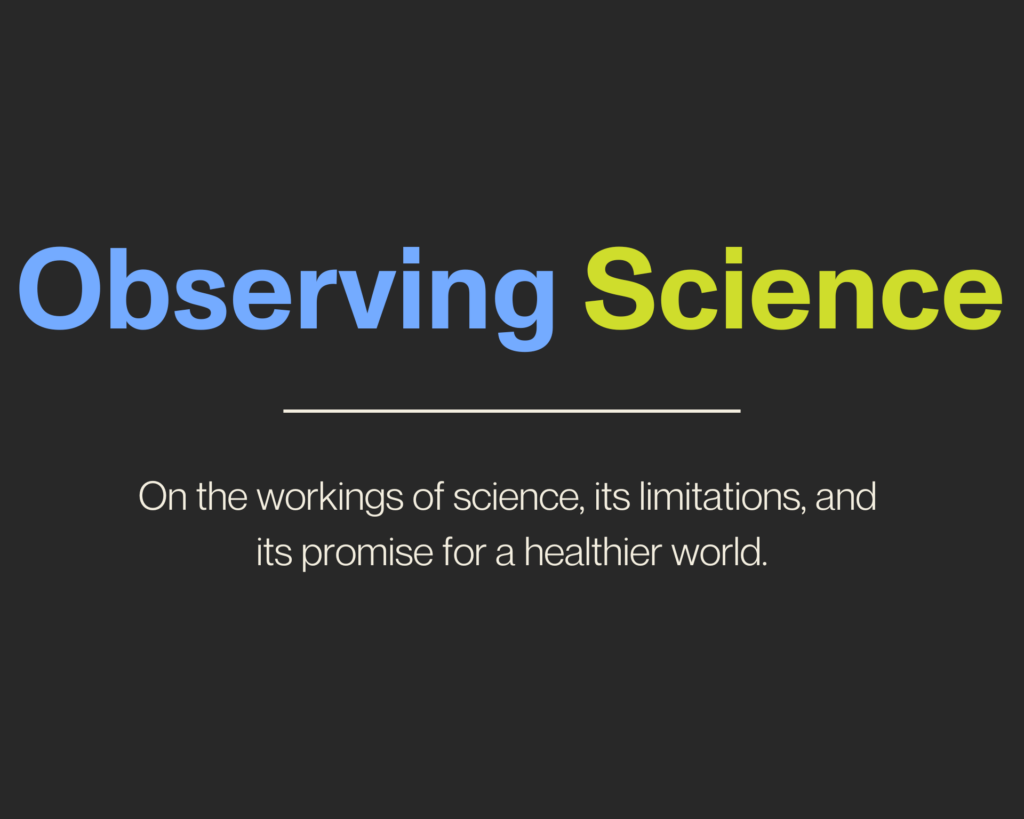Seye Abimbola
Dr. Seye Abimbola is a health systems researcher from Nigeria, editor-in chief of BMJ Global Health, and senior lecturer at the University of Sydney, Australia. He teaches and studies health system governance and knowledge practices in global health.

Read Time: 5 minutes
Published:
Seye Abimbola is a health systems researcher from Nigeria, editor-in chief of BMJ Global Health, and senior lecturer at the University of Sydney, Australia. He teaches and studies health system governance and knowledge practices in global health.
Public Health Post: What motivated you to pursue health systems research, governance, and knowledge equity?
Seye Abimbola: My mother was a midwife and provided pro-bono services mostly from our living room, so I often overheard many consultations as a young child. This made me understand early on how health is made and unmade, what we now call the social and political determinants of health.
I worked at the Ministry of Health in Nigeria and experienced a deep disconnect there. There was a distance from the needs and realities of the people I grew up around, and the people at the national level just didn’t get it. Even though these same people at the Nigerian Ministry of Health had a similar upbringing to mine, a socialization process that happens through education and having power disconnects you.
How do you think the current models of health research perpetuate health inequities within and between countries?
I think the simplest thing I can say is distance. If I am distant from the community I’m trying to serve, then I know very little. Then the kind of research questions I want to ask and see answered will almost certainly be the wrong ones. There’s a big skew in the priorities we have.
As a scholar, my interests are not on local health systems. My interests are very often the interests of a big funder who wants a simple answer to a complex question or wants to see a fancy method applied. That systematically really skews what we do.
How do you think the language and questions used in global health research contribute to the disconnect in research and community needs?
The way we use language colors how we see the world. For example, if I say, “When Britain invaded the space currently called Nigeria,” I could have said, “When Britain colonized Nigeria,” but the word “colonized” sanitizes what happened. It was an invasion. In invasions people get killed. Tangible and intangible things get destroyed. What we’ve been taught how to think about what happened in that space, doesn’t stem from what actually happened.
With global health research, when we use the term “low- and middle-income countries,” we seem to establish there’s something different about these countries from high income countries, which is not true in most cases. For example, I read a paper describing how low- and middle-income countries learned from previous pandemics for how to respond to COVID-19. I said, “Why only low- and middle-income countries? High-income countries learned too.” These frameworks divide the world into unnatural categories and create a hierarchy, shaping how we see and approach the world. This then colors the questions we ask and how we present them, reinforcing our perceptions, often our biases.
What are some models you think could help global health research move towards knowledge equity?
Given the colonial history of the world, a good place to start is divestment and decentralization. There’s something fundamentally wrong in our research processes. For example, if I do a study in Nigeria and the place I want to publish is based in London, there is something wrong. Why is it wrong? Because we in Nigeria were colonized. I can’t think of any scenario where I should do a study in Nigeria with the primary purpose of impressing someone in London.
If we define that as a big chunk of the problem, then we have to find a way to refocus our attention to the right audiences, which would be the local ones in this instance. I should be trying to impress the local people.
The model involves those of us who are distant and occupy a powerful position divesting ourselves of our epistemic power and authority. It’s a difficult thing to do, and it’s also a two-way street. It also includes someone in Nigeria saying, “I want to take control of the knowledge infrastructure that serves me.”
That’s a vision of what a new model might look like.
Since Public Health Post and Boston University are U.S. institutions, what do you recommend U.S. researchers should do more of when thinking about dignity, equity, and justice?
I think the U.S. needs to ask themselves the same questions they ask the rest of the world. Whether in terms of how inequities have grown or reduced in the U.S., how public health departments are run in the U.S., or how the CDC interfaces with the decentralized structure of American health governance. If Americans were to ask America the same questions they ask other countries, I think they would see themselves in a new light.
Photo provided
Abimbola will speak virtually on Dec. 13 at 2 p.m. as a part of the Challenging Public Health series hosted by the Boston University School of Public Health. Register or view the recording here.



